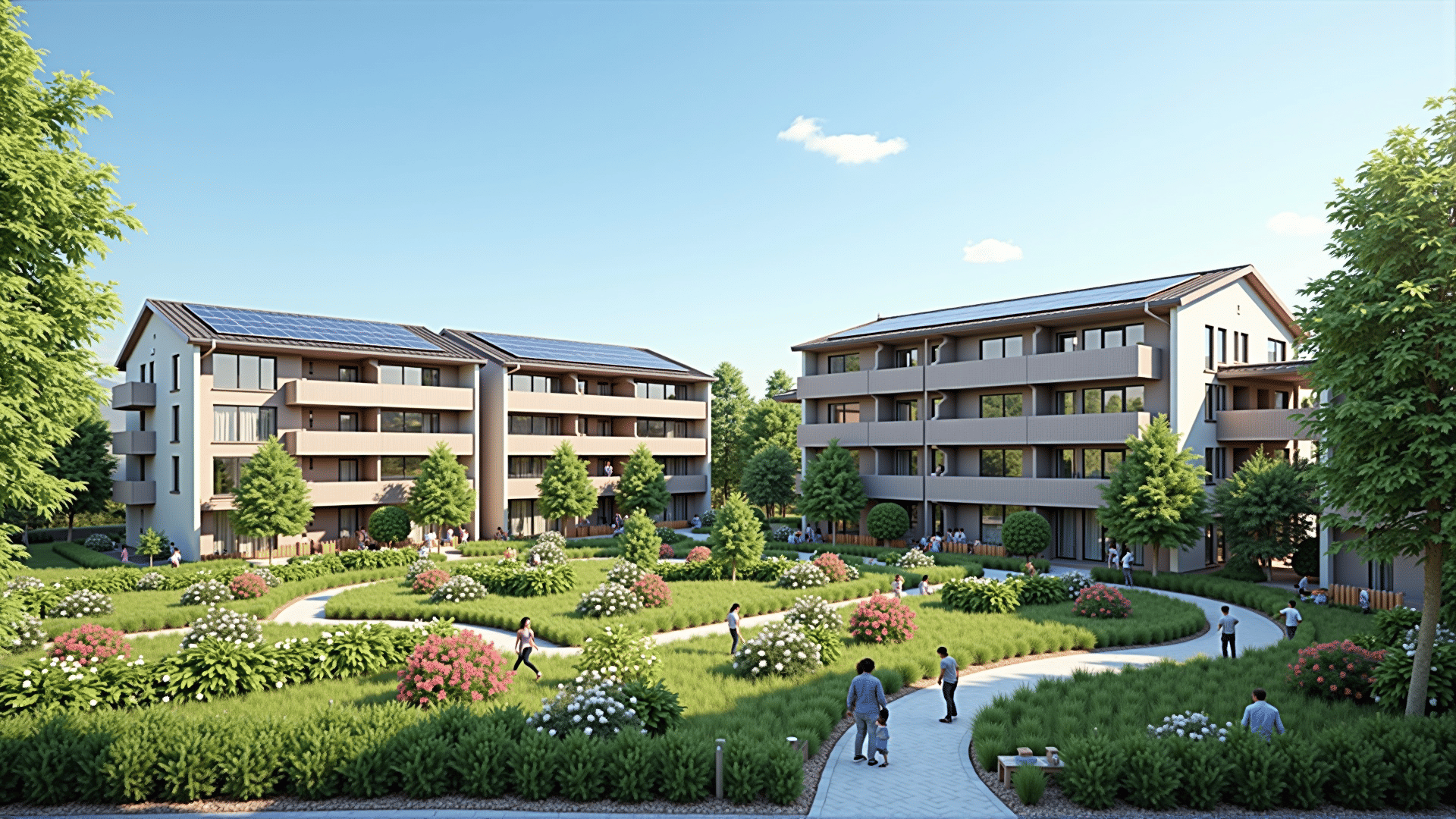In the face of escalating environmental challenges and evolving tenant expectations, sustainable practices in property management have emerged as a critical focus for the industry. By adopting eco-friendly strategies, property managers can not only contribute positively to environmental preservation but also reap substantial benefits for themselves and their tenants.
One of the primary advantages of integrating sustainable practices is the potential for cost savings. Energy-efficient appliances, LED lighting, and advanced HVAC systems can significantly reduce energy consumption, leading to lower utility bills for both property managers and tenants. Similarly, investing in water-saving fixtures and systems such as low-flow toilets and rainwater harvesting can mitigate water usage, further decreasing expenses. Over time, these initial investments can result in substantial financial savings, enhancing the property's profitability.
Sustainability in property management also plays a key role in enhancing the tenant experience. Today's tenants, particularly millennials and Generation Z, prioritize environmentally responsible living spaces. A property management company that highlights its commitment to sustainability can attract and retain these environmentally conscious tenants, reducing turnover rates and vacancy periods. Additionally, promoting a green property image can improve tenant satisfaction by creating a healthier living environment. Indoor air quality improves through better ventilation systems and non-toxic cleaning products, which can reduce allergies and respiratory issues among residents.
For property managers, another critical advantage is compliance with increasing regulatory standards. As governments and local authorities push for more sustainable urban development, having eco-friendly practices in place can help property managers to comply with green building standards and avoid related penalties. Furthermore, it often grants access to incentives or subsidies aimed at promoting green building initiatives, offering financial relief and support for those transitioning towards sustainable management practices.
Beyond financial considerations, incorporating sustainability into property management aligns with broader corporate social responsibility (CSR) goals. Engaging in environmentally conscious practices not only boosts a company's reputation but also demonstrates a commitment to ethical stewardship, appealing to investors and stakeholders interested in sustainable investments. Property managers can leverage this improved reputation for strategic partnerships and growth opportunities.
Implementing sustainable practices in property management is not without challenges. It often requires an initial capital investment, re-training of staff, and strategic planning to integrate these initiatives effectively. However, with the growing emphasis on sustainability in all sectors, these challenges can be mitigated through careful budgeting, making use of available green technology grants, and staying informed on best practices within the industry.
In conclusion, integrating sustainable practices within property management offers a vital pathway towards economic, social, and environmental benefits. Property managers who embrace this transition can enjoy reduced operational costs, enhanced tenant satisfaction, and a bolstered reputation, while simultaneously making a significant contribution to a more sustainable future. As the industry continues to evolve, sustainability is no longer an option but an essential component of progressive property management.
